For parents, just like how their children will always remain a child to them (notwithstanding age), it’s quite the same for pet parents as well. Their four-legged child may have outgrown their lap (of course, smaller dogs will still fit in), but pet parents still coddle their doggos as much as they can, regardless of age.
True story! (wink, wink)
I’ve got a nine-year-old male cocker spaniel, Sabbu, who has recently been neutered. The boy has shifted his entire focus from his clan and girlfriends to just food. It’s his new-found love, I don’t blame him, but everybody at home refuses to admit that he’s a senior pupper now, and that his treats and meals have to be monitored and controlled. As with most other fur babies, Sabbu rules our home and hearts with his mesmerising eyes and cute little ways that lure us into feeding him.
A dog’s average life span ranges from 10-18 years, depending upon the breed. Generally, small dogs tend to live longer than large/giant breeds. No matter what the breed is, all dogs turn senior at the age of seven. Dr Hemant Thange, Chief Veterinarian at PetVets (Thane) shares pointers on how to take care of your four-legged child who's a senior citizen in dog years!
Comfort
• Senior dogs may need to go to the toilet more frequently. In case of incontinence or any other changes, discuss the situation with your vet.
• Keep things easily accessible to them. Make sure that everything your dog needs is within easy reach, so they don’t have to go too far to find their water, food, toys and bed.
• Smooth, slippery floors can be difficult for older dogs to walk on, so put a rug or carpet on the floor for easier grip.
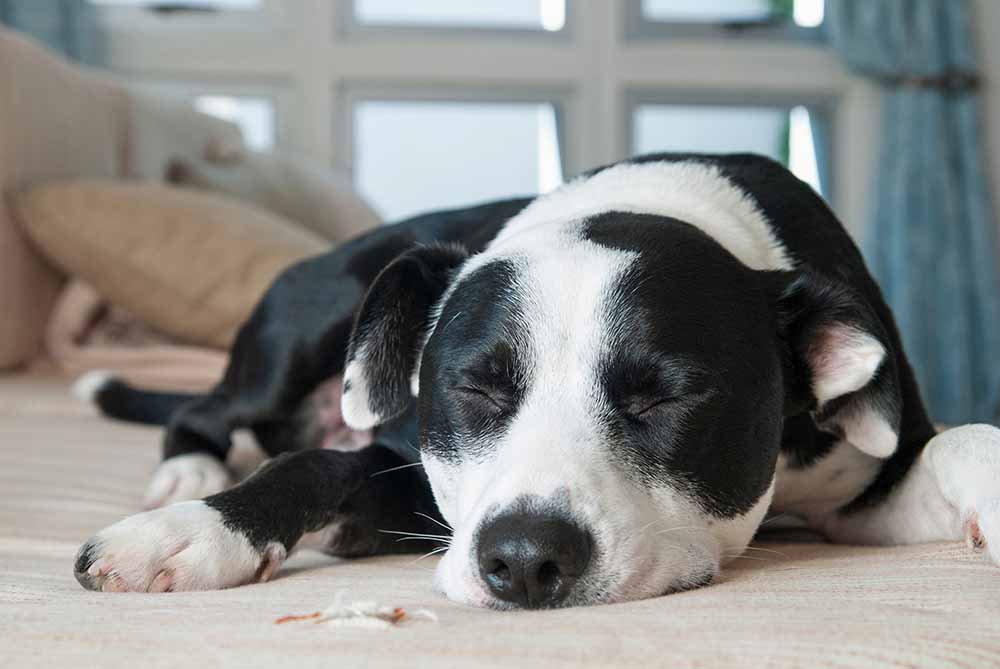
• Senior dogs need more rest. They may nap often, so make sure their naps are not disturbed.
Feeding
As they get older, a dog’s dietary requirements change. It varies with breed and size, but usually at around seven years, it may benefit your dog to gradually move to a diet designed for senior dogs. A vet can advise you on the best way to go about this.
• Monitor how much your dog is eating and drinking. Mention any changes in their eating habits or weight to your vet, as there could be an underlying medical reason.
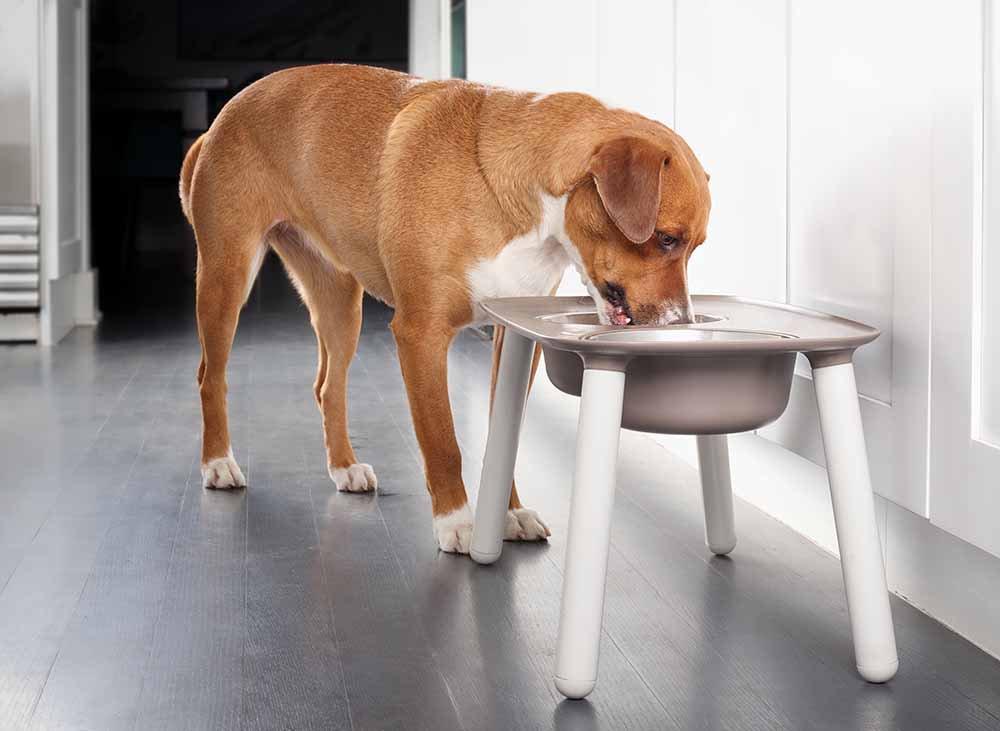
• Sometimes they may need elevated feeding and drinking bowls for easier access.
• Make sure they’re not competing for food. If you have younger dogs in the house, make sure your senior dog can get to their food without having to compete.
Exercise & Grooming
Although they may be slowing down, senior dogs still need regular exercise and mental stimulation.
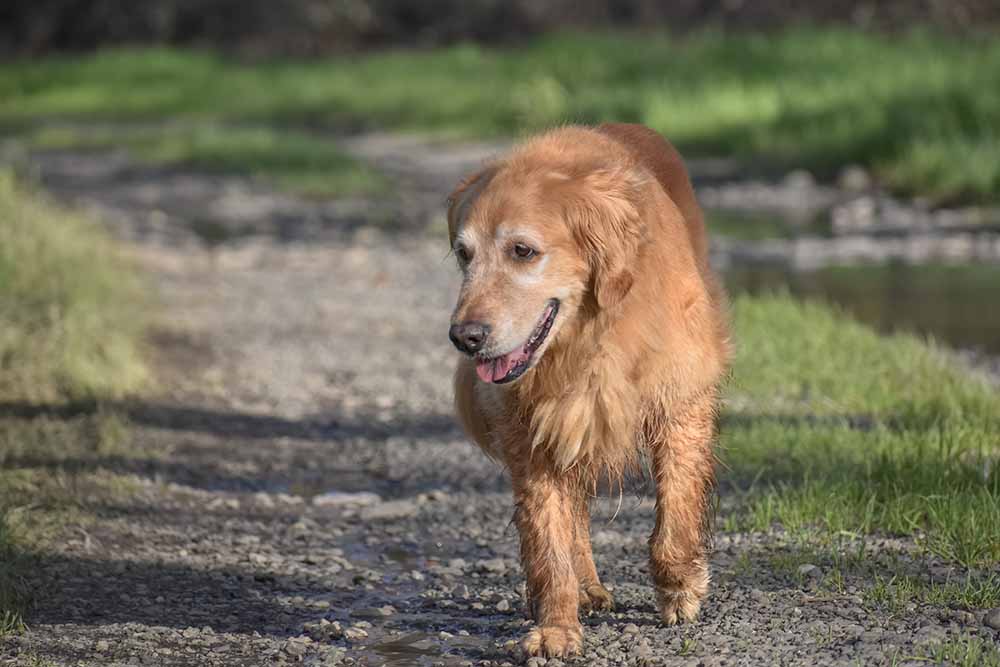
• Taking them for shorter walks often will help maintain their weight.
• Toys and puzzle feeders can keep them entertained.
• Wearing a coat when out and about can help them keep warm and dry.
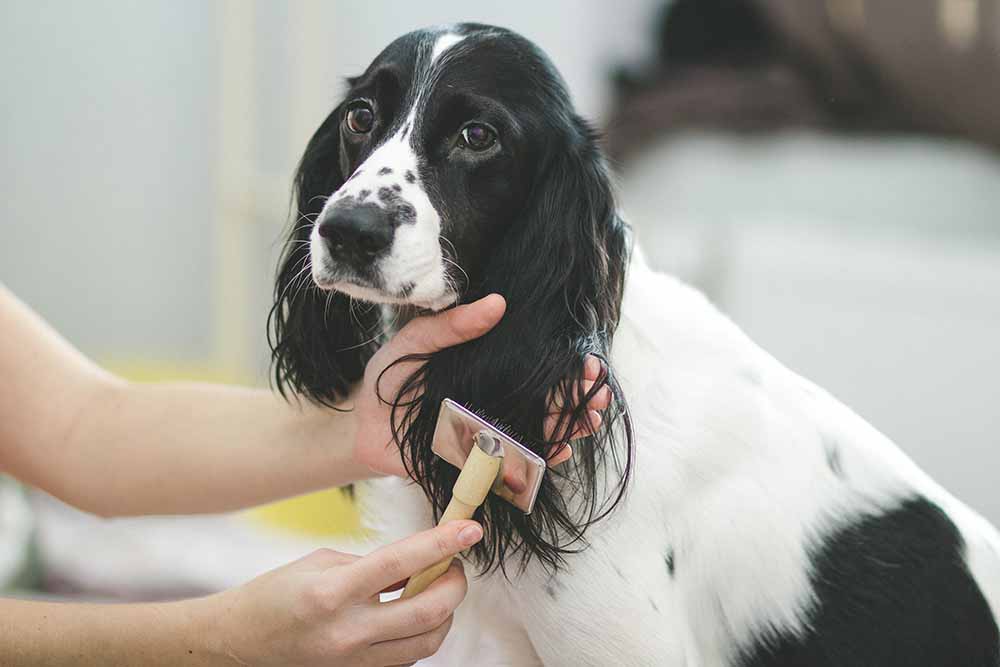
• Gentle grooming can help you spend quality time with your dog. It’s also the best time to check for any lumps, bumps, aches and pain points.
• If your dog seems stiff or has trouble with regular things like getting out of bed and climbing stairs, check with your vet for their advice on measures/treatments that can help.
Health Checklist
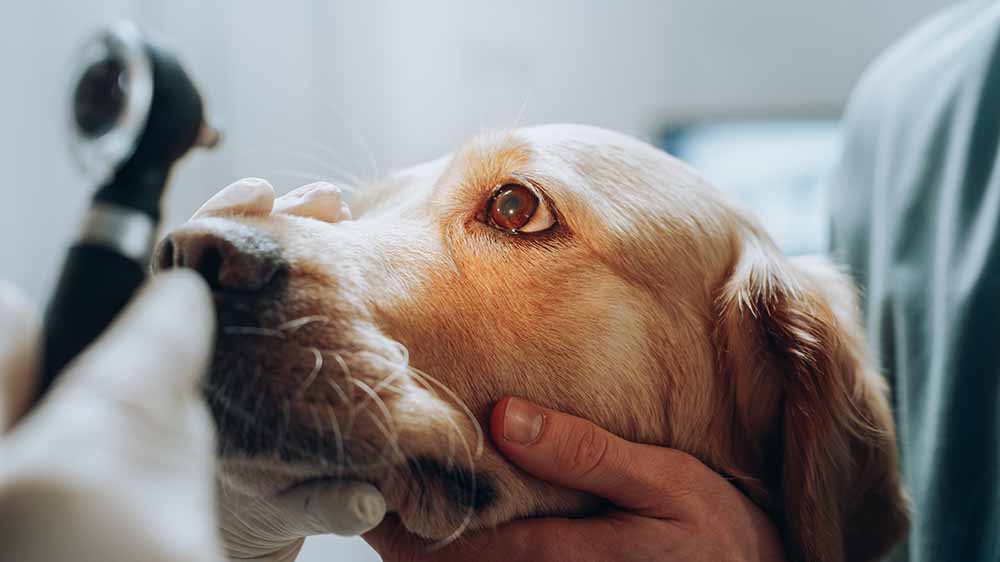
• Take your dog for regular check-ups with your vet. Once in every three months, make sure to take their blood tests, X-rays and ultrasounds, so that it can help detect any underlying illnesses.
• Senior dogs commonly suffer from joint pains, cataracts, metabolic diseases and deficiencies. They are also prone to heart and kidney diseases. Discuss with your vet on how to diagnose these issues early and prevent it.
• Follow a regular routine of deworming and vaccinations, so that your senior pets are at their best immunity.
• Make sure to keep them free from any external parasites such as ticks, fleas and mites.
Image source: Pinterest